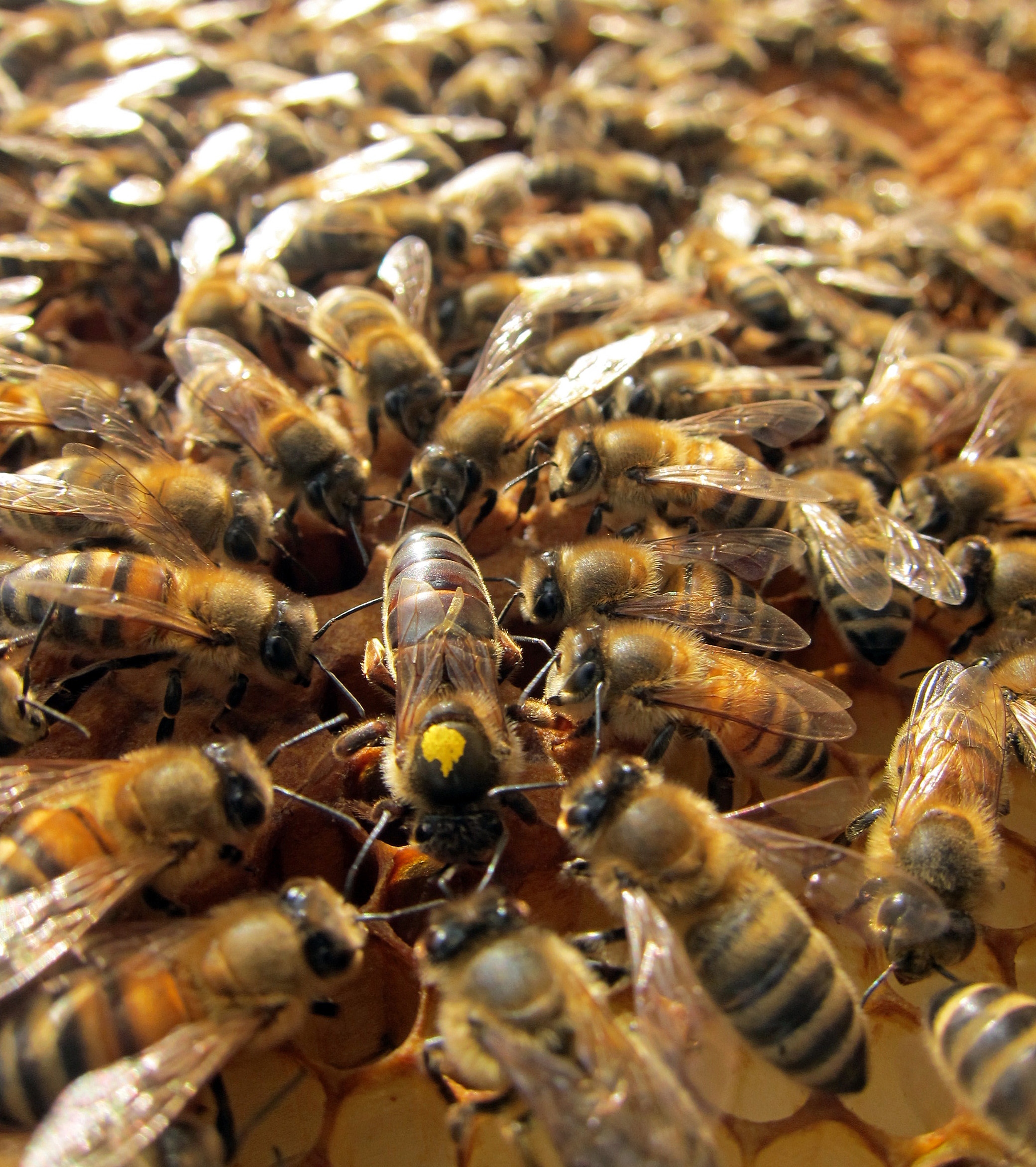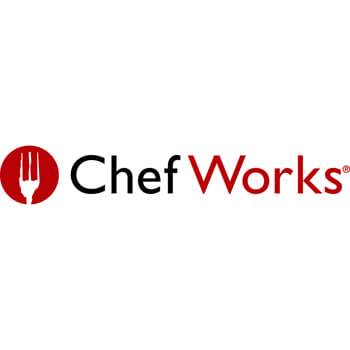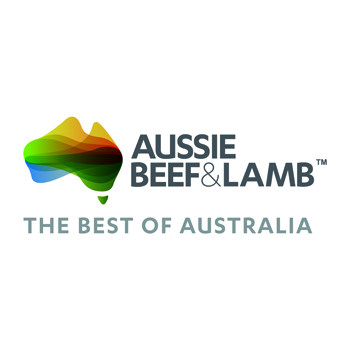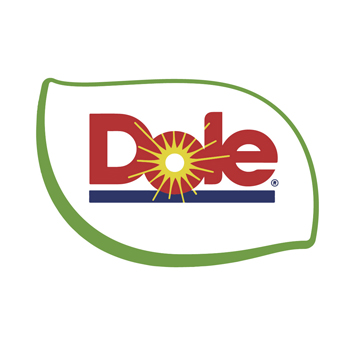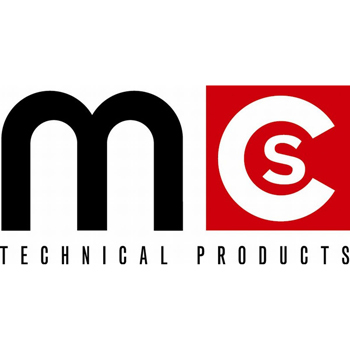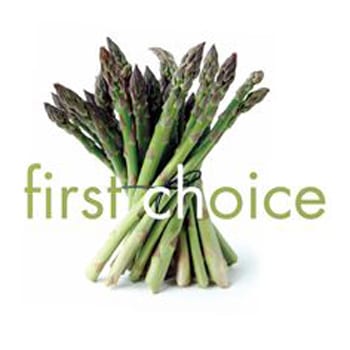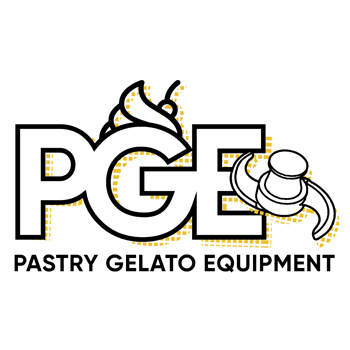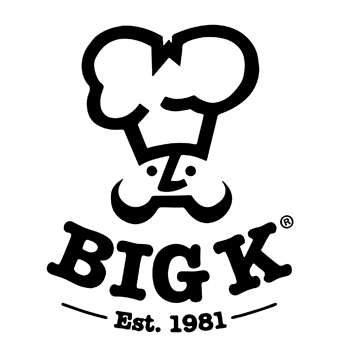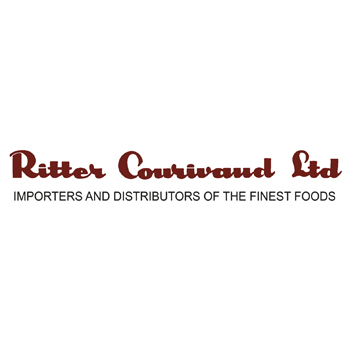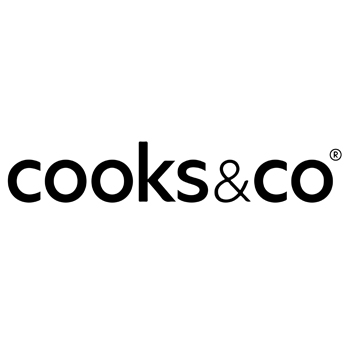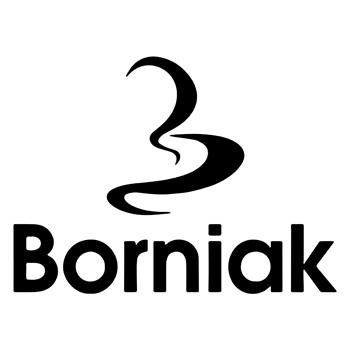Honey, I Love You!
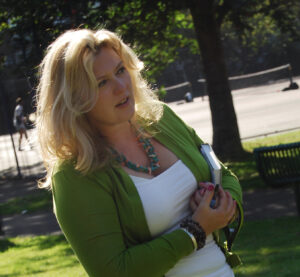 Sarah Wyndham Lewis is a professional Honey Sommelier and co-founder of Bermondsey Street Bees, sustainable beekeepers and specialist suppliers of raw English honeys, comb and wax to chefs and bartenders. Their customers include Daniel Humm, Anthony Demetre, Hélène Darroze, Jonny Lake, Ryan Chetiyawardana and many other leading names. She questions why many food professionals committed to supporting local British producers still use the imported commercially-blended ‘honey’ that’s threatening beekeepers’ livelihoods.
Sarah Wyndham Lewis is a professional Honey Sommelier and co-founder of Bermondsey Street Bees, sustainable beekeepers and specialist suppliers of raw English honeys, comb and wax to chefs and bartenders. Their customers include Daniel Humm, Anthony Demetre, Hélène Darroze, Jonny Lake, Ryan Chetiyawardana and many other leading names. She questions why many food professionals committed to supporting local British producers still use the imported commercially-blended ‘honey’ that’s threatening beekeepers’ livelihoods.
Honey has become a global commodity, named alongside wine and olive oil amongst the world’s frequently widely-debased foodstuffs. Honey fraud is a massive issue, costing authentic producers dearly. With China, India and other high volume honey-producing countries flooding the market with often unregulated, low-quality product, a recent report questions the economic future for Europe’s beekeepers.
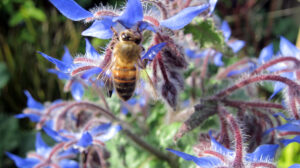 Honeybees underpin our domestic food security. From fruit and vegetables to meat and dairy, the majority of our food involves bee pollination somewhere in the food chain. The beehives are tended by beekeepers, who depend on selling their honey to stay in business. The single-source raw varietals they produce offer finesse and differentiation. With bees flying just 2.5 miles from their hives, single-source honeys, like fine wines, are perfect snapshots of their terroir.
Honeybees underpin our domestic food security. From fruit and vegetables to meat and dairy, the majority of our food involves bee pollination somewhere in the food chain. The beehives are tended by beekeepers, who depend on selling their honey to stay in business. The single-source raw varietals they produce offer finesse and differentiation. With bees flying just 2.5 miles from their hives, single-source honeys, like fine wines, are perfect snapshots of their terroir.
If beekeepers can’t sell their honey at fair prices, their businesses become unsustainable. The report, by European farmers’ group Copa-Cogeca flags up the imminent risk of losing some 10 million hives across Europe, with profound effects on farming. Blended commodity imports sell for as little as £1.08/kg. Set this against the average cost of production across the EU/UK of £3.40 and we need to ask ourselves what is actually in those honeys labelled ‘A blend of …’.
‘Blending’ is an inherently shady term: This highly processed substance, let’s call it ‘commercial honey’, is mass-produced behind tightly-closed factory doors, where ultra-cheap, globally traded honeys are blended to create products meeting standardised specifications of colour, viscosity and price.
Processes including super-heating and pressurised micro-filtration destroy naturally-derived flavours and nutritional value. The pollen is stripped out to delay setting… and to obscure the true countries of origin. Products declared as ‘A blend of EU honeys’ may well contain honeys transhipped from the other side of the world and illegally re-labelled. Processed honey can also be padded out with cheaper syrups and flavour-boosting essences. The result is a ghost product; as different from real honey as budget freeze-dried coffee granules are from the original coffee beans.
Compare the low-tech approach of artisan honey production, where the combs are simply spun out and the liquid honey then coarsely filtered to remove any hive detritus before being stored or jarred. The pollen (protein) content is left intact, as are all the micro-nutrients and flavours from the plants the bees have visited. Crucially, the honey is never taken above the maximum natural hive temperature of 40°C, this being the best definition of ‘raw honey’.
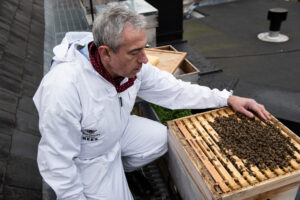 But chefs have the power to buy sustainably and lead the way as educators by sourcing real honey direct from beekeepers themselves. Bermondsey Street Bees, the artisan beekeeping business that my husband and I run has supplied raw honeys to London restaurants, bars and five star hotels for years, working with chefs and bartenders who celebrate the luxury and flavour potential of single-source raw honey and know how crucial it is to support the base of the food chain.
But chefs have the power to buy sustainably and lead the way as educators by sourcing real honey direct from beekeepers themselves. Bermondsey Street Bees, the artisan beekeeping business that my husband and I run has supplied raw honeys to London restaurants, bars and five star hotels for years, working with chefs and bartenders who celebrate the luxury and flavour potential of single-source raw honey and know how crucial it is to support the base of the food chain.
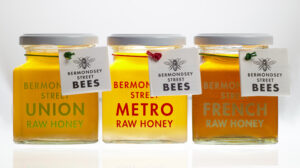 But from top to bottom of the hospitality industry, many kitchens – probably the majority – still routinely buy cheap blended honey as a basic commodity. Let’s connect the dots. Most chefs would say that they care about authentic, sustainable ingredients and support British producers of glorious meat, traditional cheeses, seasonal fruit and heritage vegetables; available thanks to hard-working honeybees. Without the beekeeping businesses that tend those bees, we’re staring at a future where that produce can no longer be taken for granted. Sourcing real honey from real beekeepers is an investment in transparency, quality and flavour – and a powerful way to guarantee our food choices in years to come.
But from top to bottom of the hospitality industry, many kitchens – probably the majority – still routinely buy cheap blended honey as a basic commodity. Let’s connect the dots. Most chefs would say that they care about authentic, sustainable ingredients and support British producers of glorious meat, traditional cheeses, seasonal fruit and heritage vegetables; available thanks to hard-working honeybees. Without the beekeeping businesses that tend those bees, we’re staring at a future where that produce can no longer be taken for granted. Sourcing real honey from real beekeepers is an investment in transparency, quality and flavour – and a powerful way to guarantee our food choices in years to come.
Don’t take our word for it, here’s what some top chefs have to say…
“An exquisite artisanal product.”
Michel Roux Jr
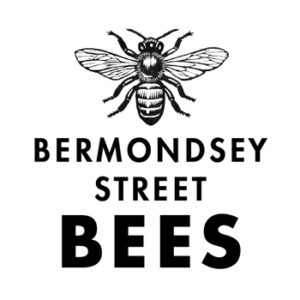 “Wonderful honey with a lovely, complex and interesting flavour. Like a good wine, the flavour continues to develop on the palate, making for a really interesting and versatile honey.”
“Wonderful honey with a lovely, complex and interesting flavour. Like a good wine, the flavour continues to develop on the palate, making for a really interesting and versatile honey.”Bryn Williams
To find out more and purchase Bermondsey Street Bees honey, please visit www.bermondseystreetbees.co.uk
